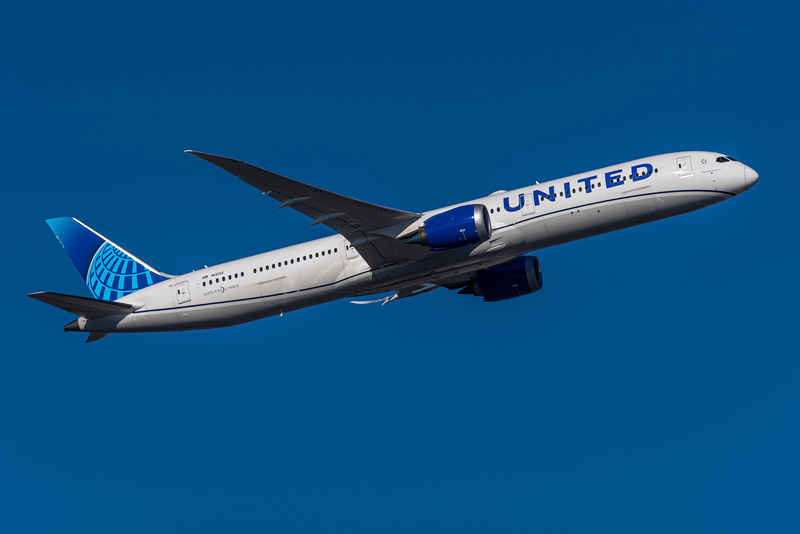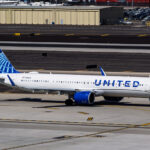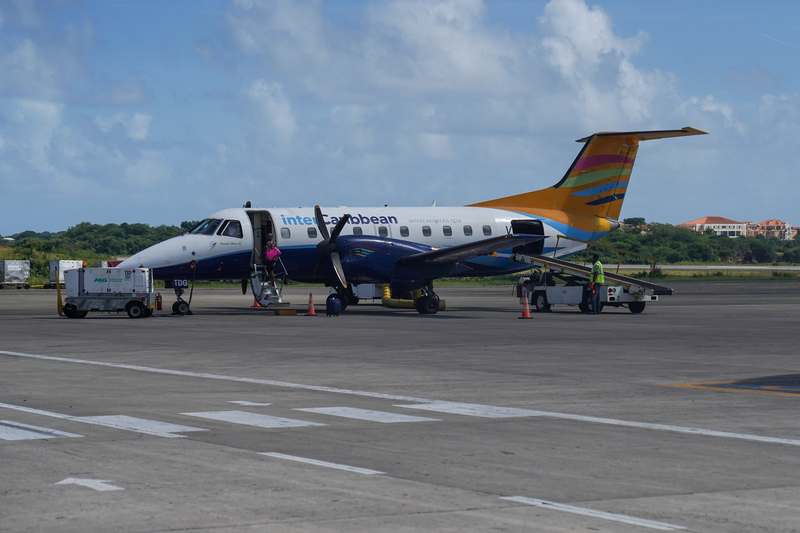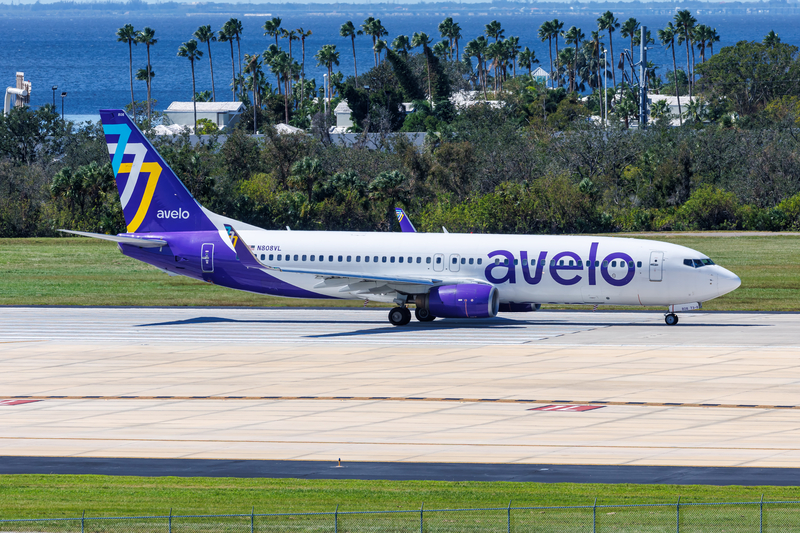United Restarts Chicago and Washington Dulles Flights to Tel Aviv, Building on Newark Double-Daily

ID 210633259 | United 787 © Radarman70 | Dreamstime.com
Where United’s Israel network stands today
Since July 21, 2025, United has been operating two daily nonstops between Newark (EWR) and Tel Aviv (TLV), both on Boeing 787-10s. The published schedules are:
-
UA84 EWR 3:30 pm → TLV 8:55 am (+1)
-
UA85 TLV 11:00 am → EWR 3:45 pm
-
UA90 EWR 10:50 pm → TLV 4:20 pm (+1)
-
UA91 TLV 11:25 pm → EWR 4:10 am (+1)
Each 787-10 seats 318 passengers (44 Polaris business, 21 Premium Plus, 253 economy). Block times run roughly 11 hours eastbound and 12 hours westbound. Since October 2023, this Newark service has been the only United route to Israel operating whenever the security environment has allowed.
What’s coming back
United plans to resume two additional TLV routes for the first time since October 2023:
-
Chicago O’Hare (ORD) ↔ Tel Aviv (TLV)
-
Washington Dulles (IAD) ↔ Tel Aviv (TLV)
Specific start dates and frequencies were announced for early November 2025, following United’s normal process of security and operational assessments. With these resumptions, San Francisco (SFO) remains the lone pre-2023 United TLV route yet to return.
Why the timing makes sense
-
Operational window: November marks the beginning of the long-haul shoulder season for U.S. carriers, freeing wide-body capacity to redeploy to high-yield VFR and corporate markets like Tel Aviv.
-
Security cadence: United has repeatedly framed Israel operations around ongoing, route-by-route risk reviews. The latest resumption indicates confidence in the current mitigations, while preserving the flexibility to pause if conditions change.
-
Network relevance: ORD and IAD restore Midwest and Mid-Atlantic connectivity to TLV over United metal, reducing pressure on Newark and widening one-stop access from dozens of spokes.
Aircraft and onboard experience
While aircraft for the ORD and IAD flights were not specified, United has favored the 787 family on Israel services given range, payload, and cabin commonality. Expect:
-
Polaris business class with direct-aisle access, Saks bedding, and upgraded dining.
-
Premium Plus for a true premium economy experience on long over-water segments.
-
Economy with Economy Plus extra-legroom options and seatback entertainment.
Competitive context
-
Delta currently serves TLV from New York-JFK and benefits from a partnership with EL AL for beyond-Israel connectivity.
-
United historically has been the largest U.S. carrier to Israel, and by restoring ORD and IAD alongside EWR’s double-daily, retakes breadth of schedule from multiple hubs.
-
San Francisco remains the conspicuous outlier; tech demand is meaningful, but operational reliability and aircraft time may be better optimized through Newark, Chicago, and Washington in the near term.
What travelers should consider before booking
-
Build flexibility into plans: Given the region’s volatility, favor fares or tickets that allow changes with minimal penalties and consider travel insurance that explicitly covers geopolitical disruption.
-
Mind connection buffers: If you’re connecting into EWR/ORD/IAD, choose longer layovers to protect against delays or re-screening.
-
Stay informed: Monitor United travel advisories, airport notices, and State Department guidance in the days leading up to departure.
-
Know your alternatives: If a nonstop cancels, viable routings via European hubs or New York remain; United and partners typically re-accommodate when operations pause for safety.
Loyalty and lounges
-
Earning and redemptions: All three routes should remain fully eligible for MileagePlus accrual, upgrades, and award bookings as inventory opens.
-
Ground experience: Expect Polaris lounge access for eligible customers at EWR and, when available, at ORD and IAD. On the TLV side, lounge operations and hours can fluctuate; check day-of status.
Bottom Line
United is rebuilding its Israel network beyond Newark, with Chicago O’Hare and Washington Dulles returning in early November 2025 after a two-year suspension. The move restores multi-hub access to Tel Aviv and signals measured confidence in the current operating environment. As always, the plan is contingent on security conditions; if you’re booking, pair the schedule benefits with flexible ticketing and a close eye on advisories.





